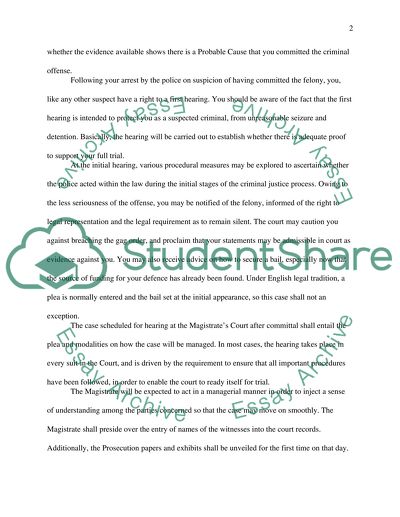Cite this document
(“Criminal Litigation CW Essay Example | Topics and Well Written Essays - 3000 words”, n.d.)
Criminal Litigation CW Essay Example | Topics and Well Written Essays - 3000 words. Retrieved from https://studentshare.org/law/1474946-criminal-litigation-cw
Criminal Litigation CW Essay Example | Topics and Well Written Essays - 3000 words. Retrieved from https://studentshare.org/law/1474946-criminal-litigation-cw
(Criminal Litigation CW Essay Example | Topics and Well Written Essays - 3000 Words)
Criminal Litigation CW Essay Example | Topics and Well Written Essays - 3000 Words. https://studentshare.org/law/1474946-criminal-litigation-cw.
Criminal Litigation CW Essay Example | Topics and Well Written Essays - 3000 Words. https://studentshare.org/law/1474946-criminal-litigation-cw.
“Criminal Litigation CW Essay Example | Topics and Well Written Essays - 3000 Words”, n.d. https://studentshare.org/law/1474946-criminal-litigation-cw.


